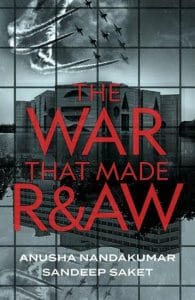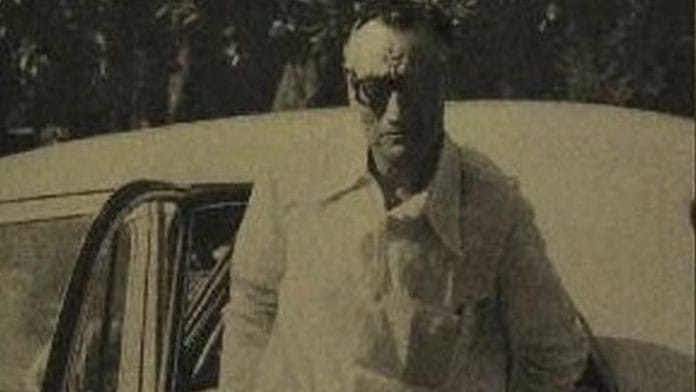From his office in Delhi, R.N. Kao strategised with Brig. Sujan Singh Uban of the SFF. The force had been placed under the direct command of the R&AW for missions precisely like the one Kao was now telling Uban to execute.
‘Uban, sabotage and harass them. Get into their heads. Destroy what you can. Bring back the Chittagong Hill Tracts.’
Uban mounted Operation Eagle in the Chittagong Hills. It was an extremely secret mission, known only to R&AW and the SFF. No official records exist of this operation.
Throughout the 1971 war, Uban’s Tibetan forces kept up an aggressive campaign of sabotage and harassment. They succeeded in destroying several vital bridges and ensuring that Pakistan’s 97 Independent Brigade and crack 2 Commando Battalion remained pressured in the Hill Tracts. The SFF functioned at an optimal rate with only 56 dead and 190 wounded.
Also read: No IPS officer should head RAW, chief should be PM’s choice — Indira Gandhi told RN Kao
While R&AW and the Indian Army strategised their moves in India, Yahya Khan seemed to be whiling away his time in Karachi. It was reported that Khan was making the legendary Pakistani singer Noor Jehan sing for him on long-distance phone calls from Japan. As she crooned beautiful songs to the president, Yahya Khan would interrupt to shower praises on her. A war had broken out, but Yahya Khan had chosen to cocoon himself in the company of women and wine rather than lead his men in the war that he had begun.
To his surprise, Kao observed that the Pakistan Army was every bit as self-assured as Yahya Khan. When the pre-emptive strikes were launched, the chief of PAF told the military’s public relations (PR) officer not to bother conjuring up a justification. ‘Success is the biggest justification,’ the PAF chief had boasted. ‘My bird should be right over Agra by now, knocking the hell out of them. I am only waiting for the good news.’
‘Hardly surprising,’ Nair observed. ‘Their vulnerability is coupled with curious overconfidence about their superiority vis-à-vis India. The idea of the innate superiority of the Muslim soldier was bequeathed to Pakistan by the British Raj’s theory of martial races. You know, the idea that one Muslim warrior is worth ten Hindus. It has since then been internalised by its military classes.’
Also read: Army, IB, CRPF — India needs culture of accountability to prevent Chhattisgarh, Ladakh repeat
But Pakistan’s war strategies were all backfiring, and with good reason. Earlier in the year, Pakistan had purged the Bengali units from the army. Many Bengalis, especially those who belonged to the West Pakistan units, had defected, and those who remained were not trustworthy. Consequently, the combat effectiveness of the units suffered, especially that of the PAF, as a majority of the ground crew had been Bengali. The Pakistani military services were also weakened by the fact that they had been politicised. The structure of the army was overly centralised, as Yahya Khan had wanted to retain his control over its operations in addition to his duties as president and supreme commander of Pakistan’s armed forces. Communications and cooperation between the three forces of the Pakistani Army—located in Rawalpindi, Peshawar and Karachi—suffered as a result.
There was no doubt that the Pakistani Army had lost its original vigour. And, India was capitalising on their dwindling alertness and strength.
Three days after the war began, on 6 December 1971, Indira Gandhi publicly recognised Bangladesh as an independent state. The declaration had been a long time coming. But it had been imperative for India to keep her position a secret until the war had begun. Gandhi was prudent enough to first secure empathy from the UN and world media for choosing to participate in the war before revealing where India’s sympathies lay.
 This excerpt from ‘The War That Made R&AW’ by Anusha Nandakumar and Sandeep Saket has been published with permission from Westland Publications and Golden Pen-Writers First.
This excerpt from ‘The War That Made R&AW’ by Anusha Nandakumar and Sandeep Saket has been published with permission from Westland Publications and Golden Pen-Writers First.







Ami partime Kaj kor ta chi raw
kano taka lage na ,
Don’t you dare to spill beans over classified operations of our agencies . These things are related to the national security of India and thus are better classified .
We must do all that is needed to stop a similar politicisation in the Indian Army.